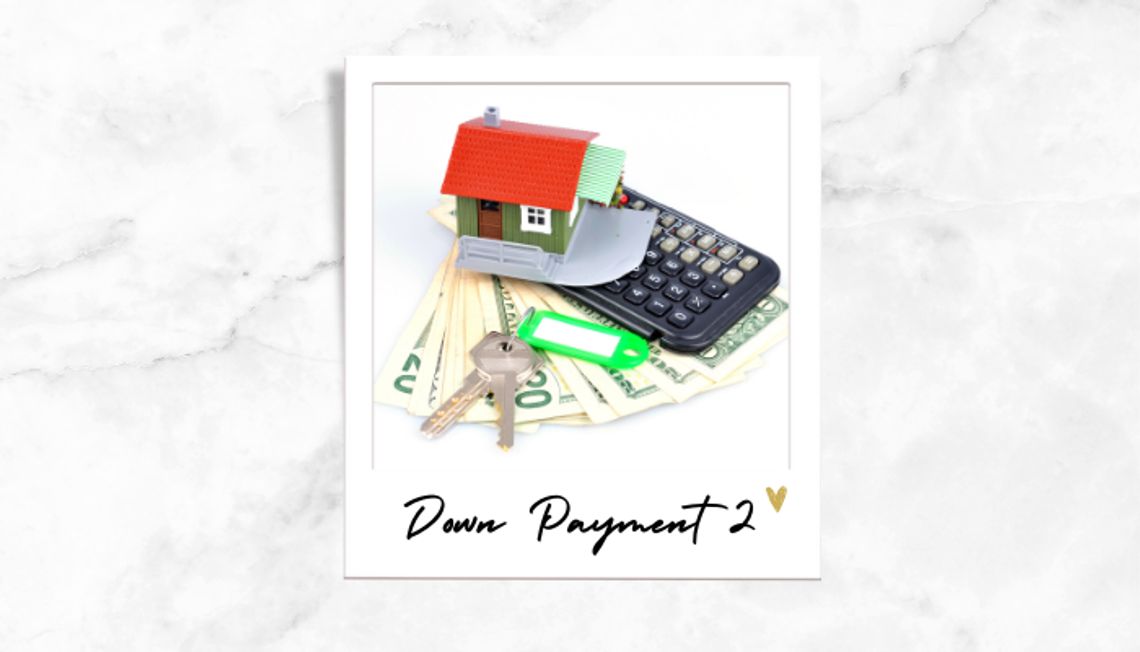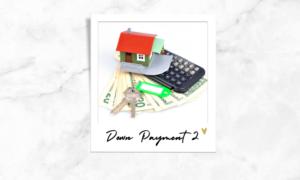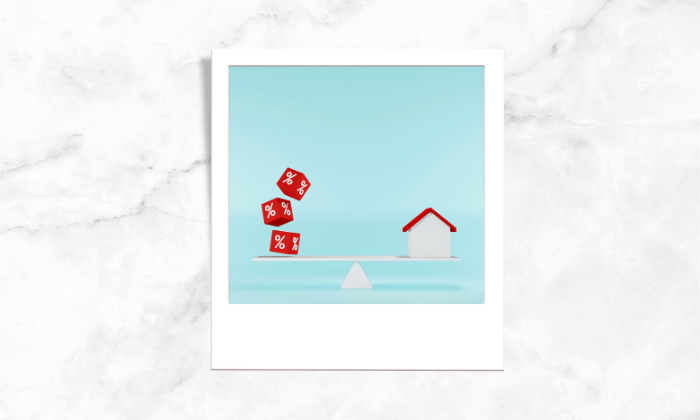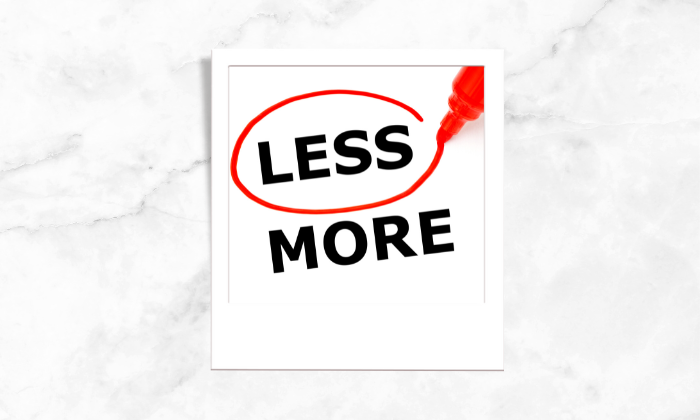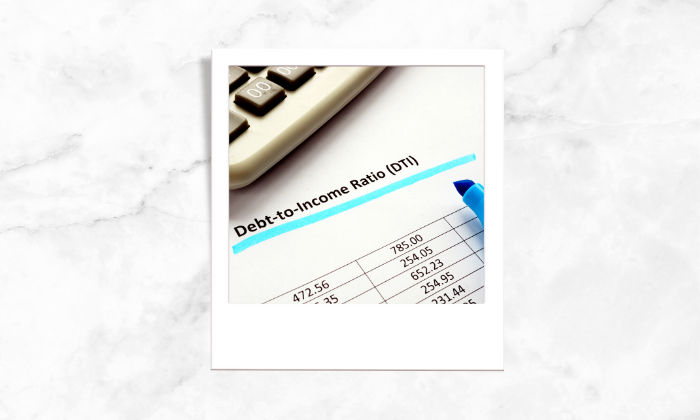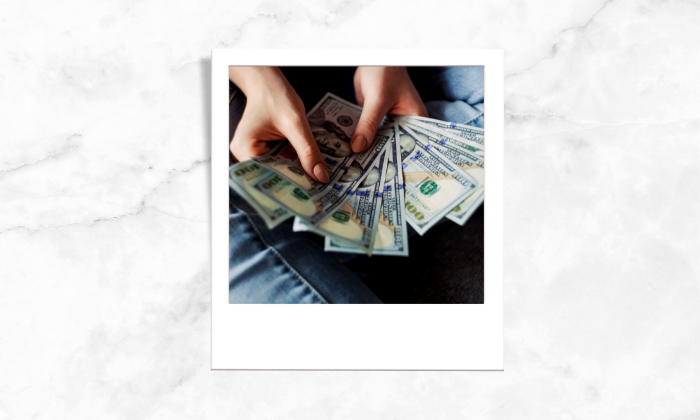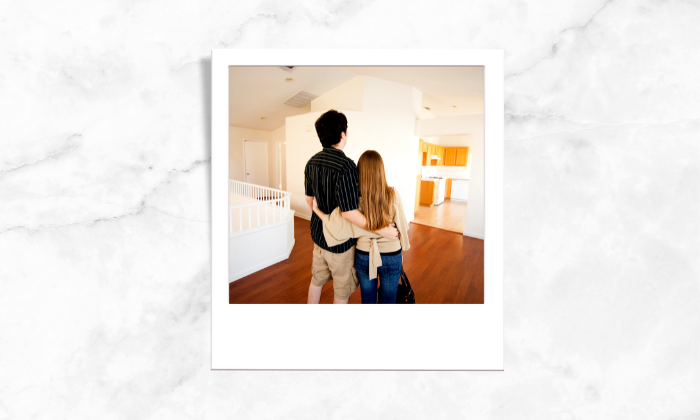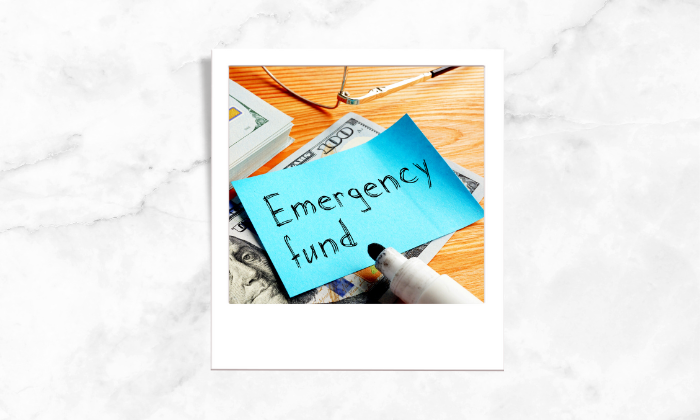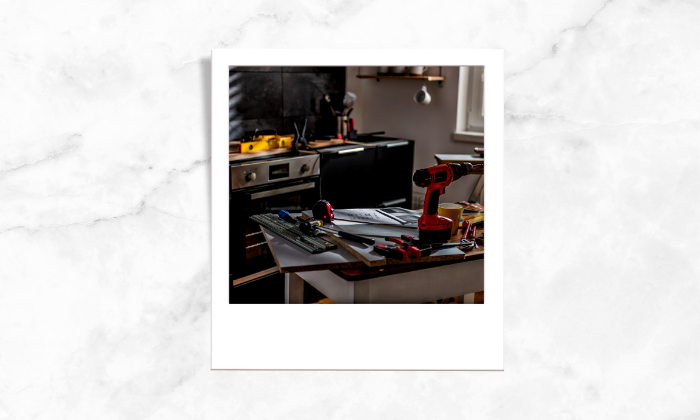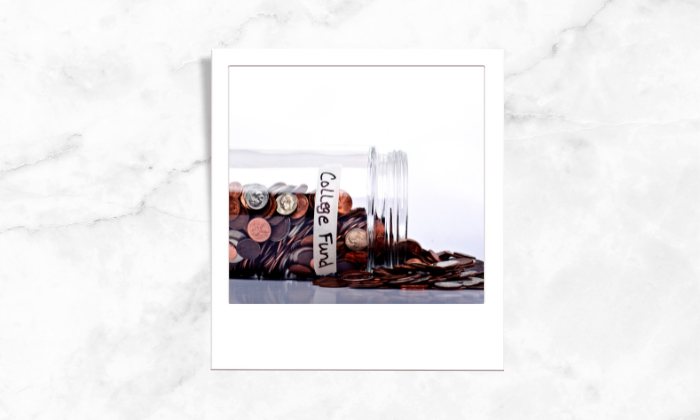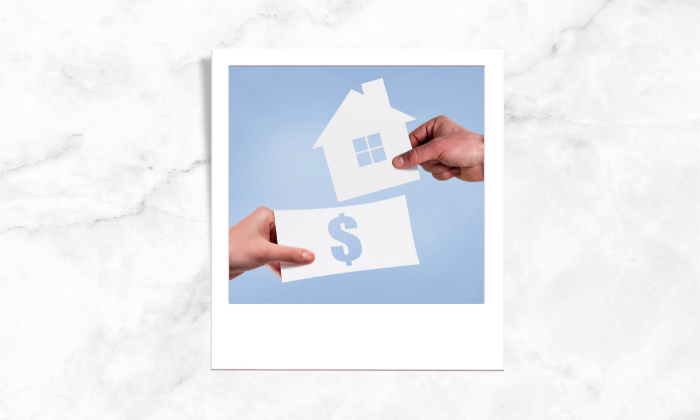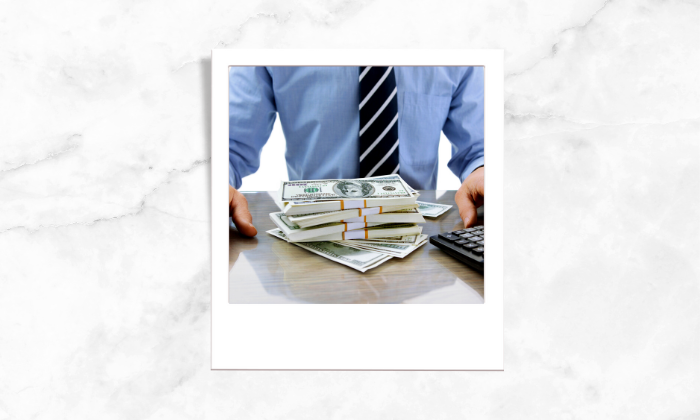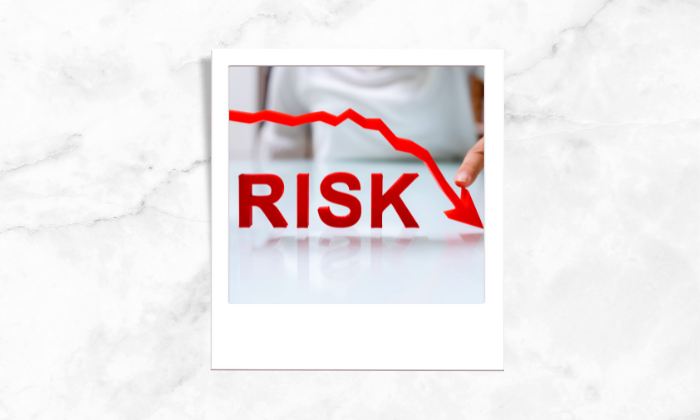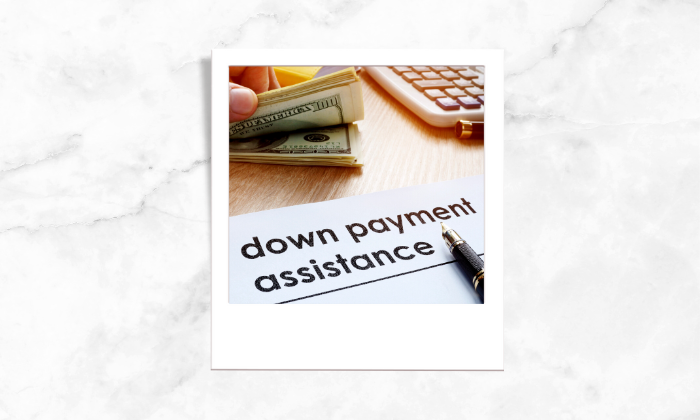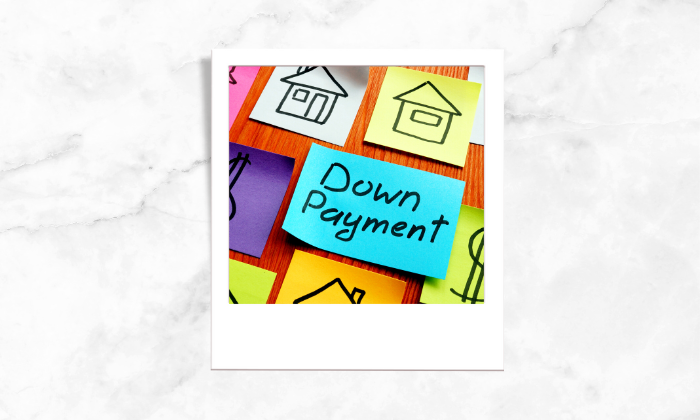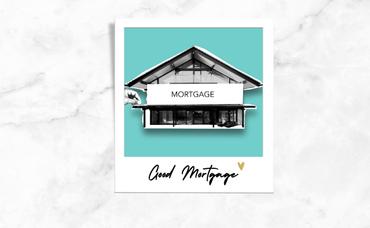The down payment amount you decide to pay can dictate the terms for a few different aspects of your mortgage repayment process.
What should be The Right Mortgage Down Payment
Before you conclude with the amount you want to pay as a down payment, it is pertinent to weigh the benefits of both large and small down payments. Since they have their own unique set of benefits. It’s important to weigh them carefully and consider your own personal financial situation and goals before deciding on the down payment.
Benefits Of A Large Down Payment
Lower rates and Monthly Mortgage
Lenders prefer large down payments as it involves lesser risk you pose to them.
The larger your down payment, the less you have to pay each month in both principal & interest.
Your down payment is an interest-free way to get a kickstart on paying off your home.
It decides your Mortgage Insurance.
Certain types of loans require you to pay mortgage insurance. On a conventional loan, you generally need to put 20% down to avoid paying private mortgage insurance which is usually a monthly fee that you pay as part of your monthly payment or is paid upfront by the lender in exchange for a slightly higher interest rate.
On an FHA Loan, 20% down could be the difference between paying for mortgage insurance for the life of your loan and paying mortgage insurance for just the first 11 years.
Lower Debt-To-Income Ratio (DTI)
A lower DTI ensures you have more borrowing power in the future. DTI represents the debt percentage of your monthly income. A high DTI can prevent you from getting further loans or credit. (Most mortgage lenders look for a DTI of about 45% or lower.) If you’re looking to take on other loans or buy a second home, then borrowing less (by putting more towards the down payment) could keep your DTI manageable.
Alternatives To Making A Large Down Payment
In case you are unable to make a large down payment at the time of purchase, you may still avail of the benefits like reducing the amount of interest you pay on your home by making larger payments to your mortgage principal.
Many homeowners are able to do this if their income increases over time. The process of making larger payments in order to pay off your mortgage faster is sometimes called accelerated payments.
Benefits Of A Small Down Payment
It might take a longer time to save for a 20% down payment. A lower down payment can help you own a home sooner.
Set aside your emergency fund
It’s prudent not to dip into your emergency fund by emptying all funds towards a down payment. Keeping some money in the bank for emergencies is a smart move. For emergency fund requirements you don’t have to fall back on credit. Hanging onto some of your money could give you peace of mind and be a cheaper way to cover emergency costs.
Money for Repairs and Renovations:
Not emptying your savings and paying less towards your down payment might save you money for the repairs and renovations, you would require as a new homeowner.
Setting aside this money upfront can make homeownership less stressful.
You might need money for other ventures
Consider the opportunity cost of putting down more money on your home on the front end. Though you might be able to get a lower interest rate and monthly payment, it might make more sense for you to use that money for college tuition, investing, or something else.
The Minimum Mortgage Down Payment
As we know for many buyers, a 20% down payment isn’t realistic. Fortunately, 20% down is no longer the industry standard. The average down payment paid for a mortgage is about 6%.
Over the years, the industry has changed to make homeownership more accessible and affordable for all. It’s now possible to get a mortgage for as little as 3% down, although some loans (like Department of Veterans Affairs (VA) loans and U.S. Department of Agriculture (USDA) loans) require no money down.
Why Lenders Typically Require A Down Payment
By giving you a loan, your mortgage lender is taking a risk on you. If you stop making mortgage payments, it’s possible that the lender won’t be able to make back the money they lent you, and the recurrence of this incident will make them lose.
A Down Payment Makes You Less Risky To Lend To
Putting money down helps mitigate risk for the lender in a couple of ways:
- It represents your investment in the home. If you have already invested in the house by means of a down payment, you are less likely to walk away from the thousands of dollars you put into it by stopping to pay your lender. The more you remain invested, the less you are to default on your due payment.
- It lowers the amount the lender has to give you for the purchase. If you’re paying 20% of the purchase price of the home, and they’re only lending you 80%, then not only you are more invested but also that they have put in less money to worry about getting back if you stop paying.
It’s important to note that the down payment requirement isn’t set by the lender alone. In many cases, the down payment requirement comes from the investor of the loan (which may be the Federal Housing Administration, Fannie Mae, the Department of Veterans Affairs, or someone else).
Down Payment Assistance Programs
Saving for a down payment can often be an obstacle to homeownership. Keep in mind that depending on your location, and your level of financial need, there may also be down payment assistance options worth looking into.
These programs have various requirements you have to meet in order to qualify. For example, some programs are only available to first-time home buyers while others require a minimum credit score. Be sure to check the requirements for any programs that you’re interested in.
The Bottom Line On Down Payments
Though a down payment is a crucial part of your home loan, however, it’s only a small piece of the overall financial picture. Deciding on the down payment amount you’re comfortable with can help you search for homes that are within your budget and keep your emergency savings in place.
